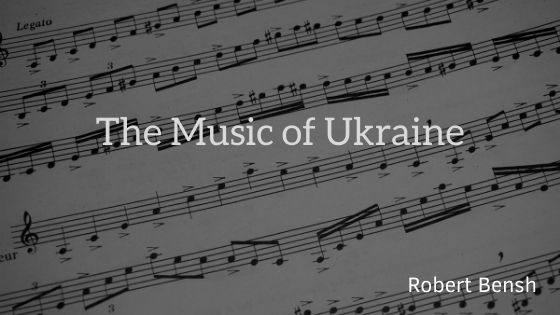Many often don’t realize, but Ukraine is in fact the largest of all the European countries. And with Russia to the east; Poland, Hungary, and Slovakia to the west; Belarus to the north; and Romania, Moldova, and the Black Sea to the south and southwest, you can imagine just how much influence the national characteristics of Ukraine have had on their culture over the years. And this certainly extends to their music.
Ritual and Non-Ritual Music
The traditional music of Ukraine fits into one of two fairly broad categories: ritual music and non-ritual music. Ritual folk songs are usually older and include incantations, lamentations, wedding songs, and calendar songs. Non-ritual songs include dumy, which are songs typically built around historical events, political songs, or lyric songs featuring topics such as love, family life, or lullabies.
Classical Music
Much like the traditional folk music of Ukraine, classical music can also be divided into distinct sub-categories, which all differ considerably:
Composers and performers who were born and live in Ukraine:
- Closely tied to the Ukrainian National School of Music, this category consists of music that is composed to Ukrainian texts, and contains Ukrainian folk figures.
Composers and performers of non-Ukrainian ethnicity, however they were born in or were citizens of Ukraine:
- Due to the large percentage of ethnic minorities in urban Ukraine, this category’s music rarely focuses on Ukrainian folklore, and is instead written to the tests of Polish or Russian poets.
Composers and performers of Ukraine nationality who live outside of Ukraine, but within the Ukraine Diaspora:
- This category features prominent individuals who are not usually part of the mainstream culture, but who have made a significant impact while living outside of Ukraine’s borders, be it Soviet composers or American.
Pop Music
Ukraine saw the emergence of pop music in the 1970s, predominantly with folk rock bands. By the 1980s, Ukraine’s pop scene ground almost to a halt, with many turning to the Russian language or relocating to Moscow.
The 1990s saw a huge boom in Ukraine’s pop scene which only continues to grow to this day. The 2000s saw more and more elements of Ukraine folklore making a resurgence within the pop music scene.
